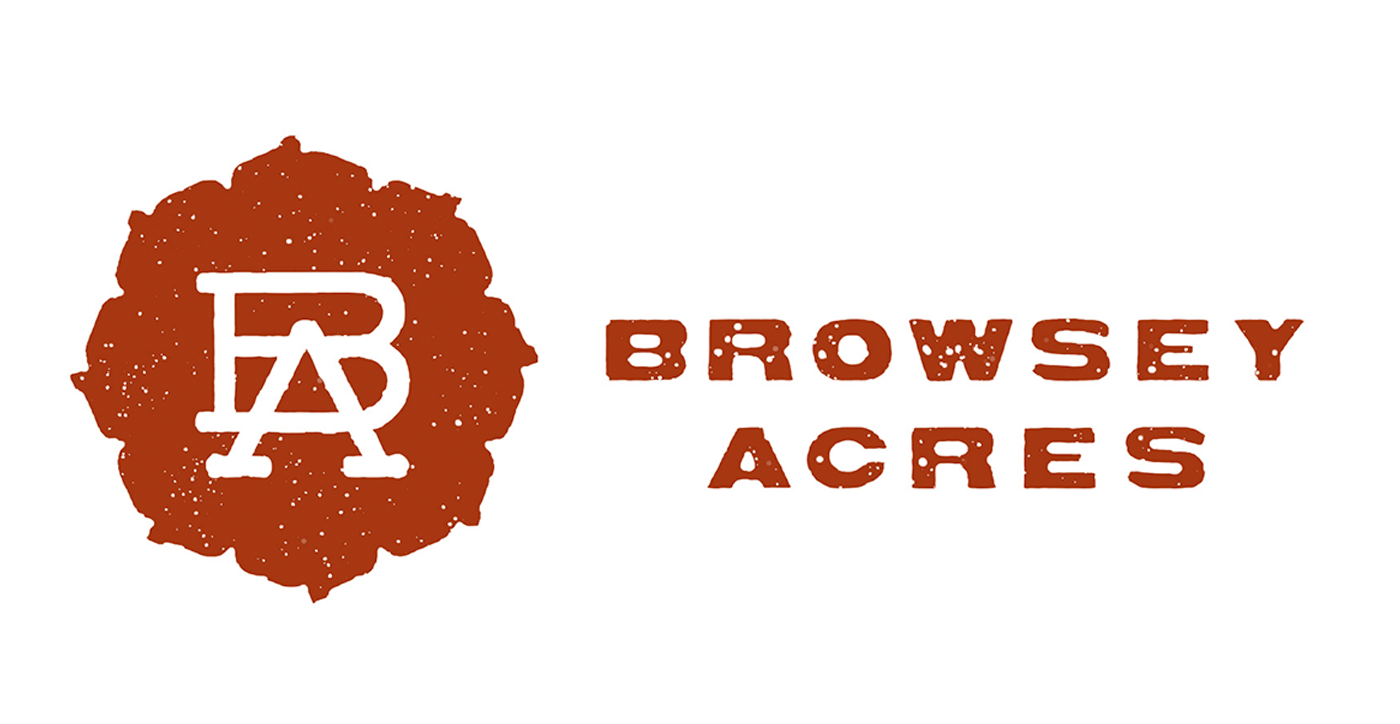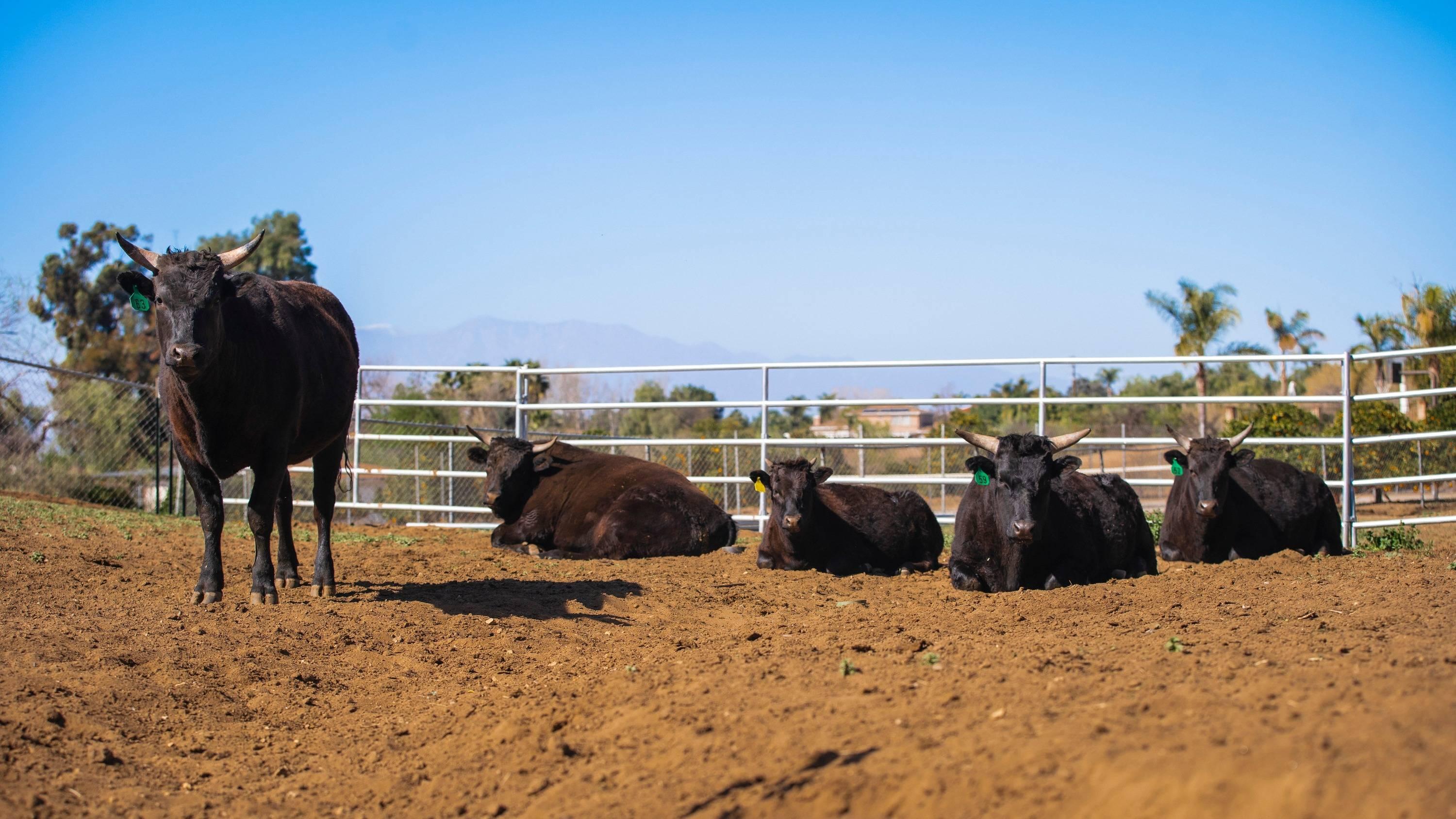By its very nature and existence, Wagyu beef is the healthiest beef one can possibly eat. The health benefits of Wagyu far outweigh those of both beef and other meats altogether (including fish and chicken). But raising and harvesting Wagyu is also a science in and of itself, both to cultivate and maintain the genetics and lineage of these very special cows. As today’s consumers have become more concerned with maintaining an awareness in what they eat, where it’s coming from, and how it’s cultivated, Wagyu becomes more and more the meat of the 21st century.
Wagyu is not just a trend: It’s meat for the health-conscious meat consumer. And the care, cultivation, and breeding—better known as the “husbandry”—of Wagyu are all absolutely integral to Browsey Acres.
Wagyu meat is high in oleic acid, which makes its health benefits much more in line with those of almonds and olive oil. Oleic acid is a fatty acid—the most common fatty acid in nature—and one that scientific studies have found to be beneficial in preventing heart disease and certain cancers. In Wagyu meat, it is oleic acid that makes the fat so soft and provides the lower melting point. For comparison, what would be considered conventional beef is higher in stearic acid (saturated fatty acid), which makes their fat harder and with a higher melting point. This difference in fat profiling between Wagyu and conventional beef comes from different DNA sequences of the Stearoyl-CoA desaturase (SCD) gene.
The SCD gene is the enzyme that changes stearic acid into oleic acid. Based on research done at Kobe University in Japan, in Japanese Black Wagyu cattle, there are two different DNA sequences of the SCD gene, which are A & V. Some—but not all—of these Wagyu cattle carry a mutation that changes the corresponding amino acid from Valine (V) to Alanine (A), which also has a significant relationship to the melting point of fat. Alanine type has a lower melting point than Valine type, which is why the preferred type for Wagyu during SCD testing is “AA.”
SCD testing is not and should not be used as the sole selection criteria for Wagyu farmers selecting cattle; instead it is simply a relevant part of the selection process. Wagyu farmers can now perform SCD tests (genetic profiling from a DNA test) to determine the probability of healthy fats in their herd and to identify cattle with dominant genetic markers. Which is why Browsey Acres—in conjunction with our partner, Sustainable Natural Foods—SCD tests all of our Wagyu cattle, which allows us to prove and guarantee the genetic traits that determine the health benefits of all of our cows.


Share:
The Truth About Frozen Wagyu
Know Your Cuts of Browsey Acres Wagyu Meat